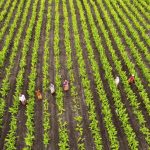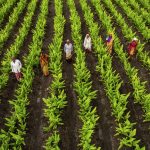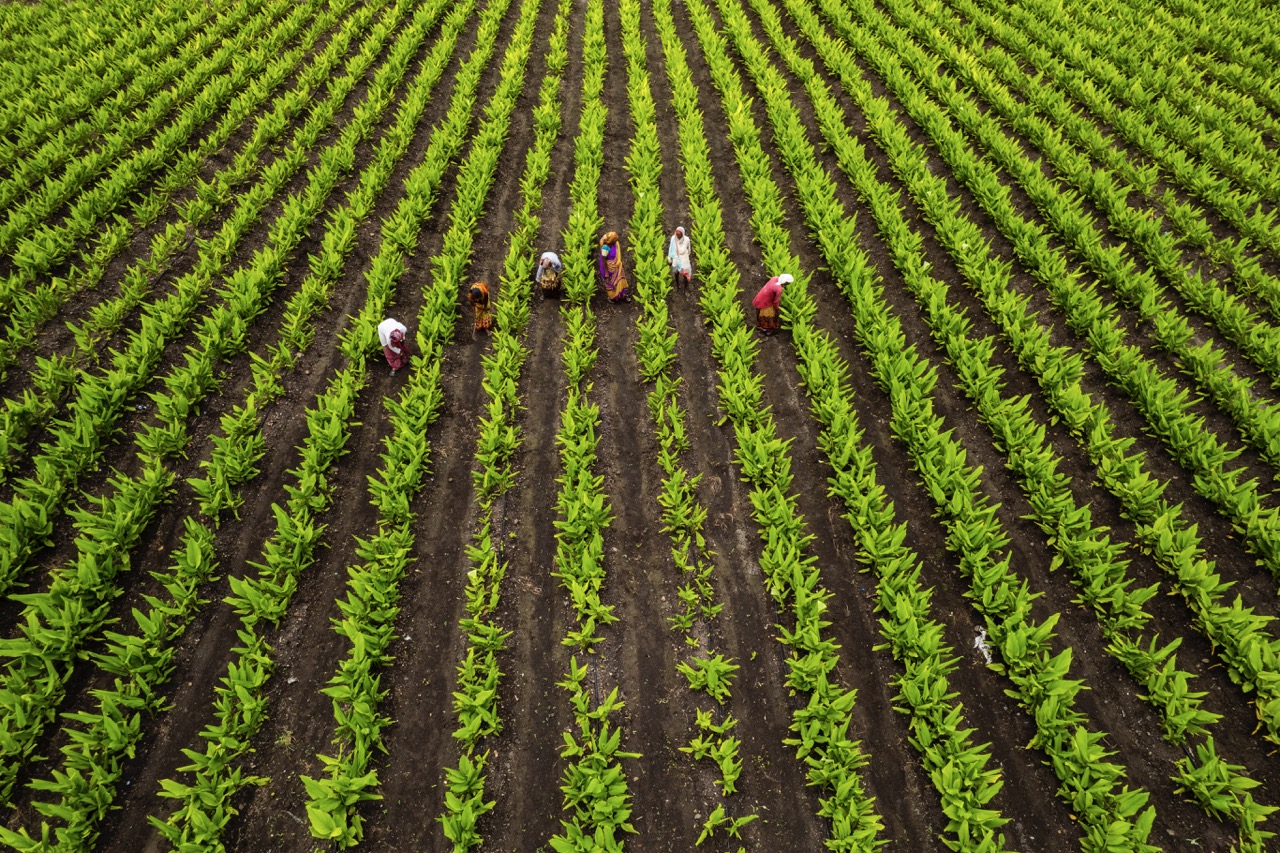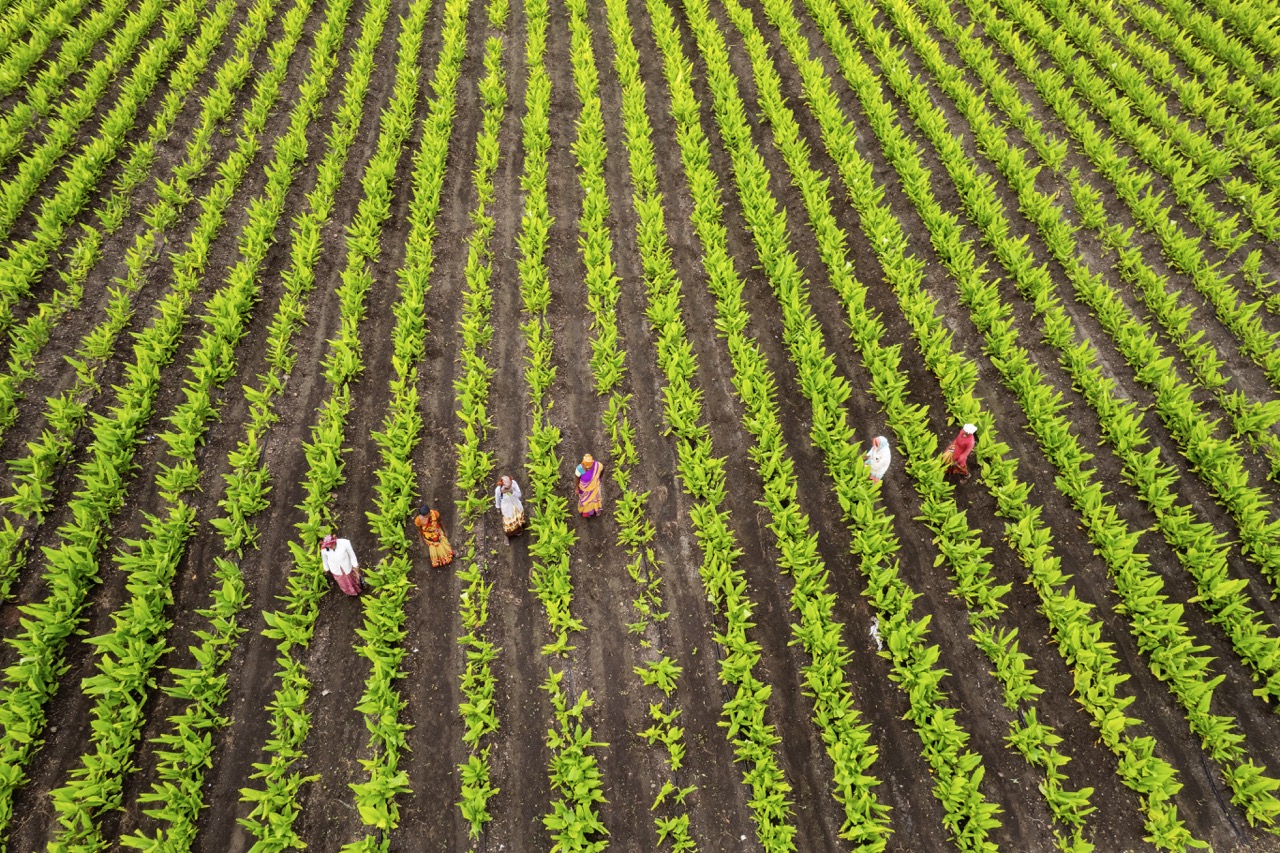Sharecropping, a practice steeped in history and often tied to the socio-economic dynamics of the agricultural sector, is experiencing a renaissance in the face of modern agricultural challenges. As the global food system undergoes significant transformations due to climate change, population growth, and technological advancements, the role of sharecropping is evolving. This article will explore the future of sharecropping within the context of these changes, emphasizing its potential to address global food challenges, the impact of technological innovations, and the implications of policy shifts.
The Evolution of Sharecropping in Modern Agriculture
Sharecropping has its roots in post-Civil War America, primarily as a means for landowners to maintain agricultural production using the labor of formerly enslaved individuals. Over the decades, this system has morphed, adapting to the needs of the agricultural economy and community structures. Today, sharecropping is not only limited to the traditional model of land rental and profit-sharing, but it has expanded to include diverse forms of cooperative farming and community-supported agriculture. As the world grapples with the intricacies of global food security, sharecropping is poised to become an integral part of sustainable agricultural practices.
The emergence of globalization has added another layer of complexity to sharecropping. Farmers across different regions are increasingly interconnected, which offers opportunities for knowledge sharing and market access that were previously unavailable. Moreover, the growing emphasis on sustainable practices and local food systems has prompted governments and NGOs to reconsider how sharecropping can be utilized as a powerful tool for equitable resource distribution. This evolving landscape calls for a reexamination of the sharecropping model, blending traditional practices with innovative approaches to meet modern demands.
However, the evolution of sharecropping is not without its challenges. Issues such as land tenure security, access to credit, and the ongoing legacy of exploitation can hinder the effectiveness of sharecropping as a viable agricultural system. To ensure that sharecropping adapts to contemporary needs while avoiding past pitfalls, stakeholders must engage in critical dialogues about ethics, equity, and sustainability. By fostering a collaborative environment, sharecroppers can transform their role from mere laborers to empowered producers within the global food system.
Global Food Challenges: Opportunities for Sharecroppers
The world faces unprecedented food challenges, including climate change, soil degradation, and an ever-growing population. These issues necessitate innovative agricultural solutions that can be resilient and sustainable. Sharecropping presents an opportunity to utilize local knowledge and adaptive practices, which can help mitigate the effects of these global challenges. By fostering community engagement and participation, sharecroppers can contribute to food security while enhancing biodiversity and environmental sustainability.
In many regions, traditional agricultural practices have been marginalized in favor of industrial farming methods that prioritize yield over ecological health. Sharecroppers, often deeply rooted in their communities, possess valuable indigenous knowledge of local ecosystems. This knowledge can be harnessed to create adaptive strategies that address food insecurity. By blending modern agricultural techniques with traditional practices, sharecroppers can help restore soil health, improve crop resilience, and promote sustainable land management practices.
Moreover, as consumers increasingly demand transparency and sustainability in their food systems, sharecropping can offer a compelling narrative of community resilience and ethical farming. Market trends show a growing preference for locally sourced and sustainably produced food, which can benefit sharecroppers by opening new avenues for direct sales and value-added products. By positioning themselves as integral players in the local food economy, sharecroppers can secure their livelihoods while contributing to a more resilient global food system.
Technological Innovations Shaping Sharecropping Practices
The digital revolution is reshaping every sector, including agriculture. For sharecroppers, technological innovations such as precision agriculture, data analytics, and mobile platforms offer new opportunities for improving productivity and efficiency. These technologies can help sharecroppers optimize resource use, monitor crop health, and enhance yields, thereby creating a more sustainable agricultural model. The democratization of technology means that even small-scale farmers can access tools that were previously reserved for larger agribusinesses.
Furthermore, the rise of digital marketplaces enables sharecroppers to connect directly with consumers, thereby bypassing traditional supply chains that often disadvantage small producers. This shift empowers sharecroppers to capture more value from their produce and fosters relationships with local customers. By leveraging social media and online platforms, sharecroppers can create a narrative around their products that highlights their unique contributions to the local economy and sustainable practices.
However, the integration of technology into sharecropping practices is not without hurdles. Access to technology can be limited by economic barriers, education, and infrastructure deficiencies in rural areas. For sharecroppers to fully benefit from technological advancements, targeted investments in education, training, and infrastructure are essential. By addressing these challenges, the agricultural sector can ensure that sharecroppers are not left behind in an increasingly tech-driven world, but instead emerge as leaders in sustainable food production.
Policy Changes and Their Impact on Future Sharecropping
Government policies play a critical role in shaping the future of sharecropping within the global food system. Recent moves towards more equitable land tenure policies and support for smallholder farmers signal a shift in recognizing the value of sharecropping as a viable agricultural practice. These policy changes can create a more supportive environment for sharecroppers, ensuring that they have access to resources, training, and markets necessary to thrive in the modern agricultural landscape.
Additionally, international organizations and governments are increasingly focusing on food sovereignty and local food systems. Policies that promote local production and consumption can create favorable conditions for sharecroppers to flourish. By emphasizing the importance of agroecology and community-based solutions, policymakers can encourage a model of agriculture that empowers sharecroppers while addressing the urgent challenges of food security and environmental sustainability.
However, for policies to be effective, they must be informed by the voices of sharecroppers themselves. Engaging sharecroppers in policy-making processes is crucial to develop solutions that are practical, equitable, and sustainable. By fostering collaboration between governments, NGOs, and local communities, the future of sharecropping can be harnessed to create a more resilient and just food system that benefits all stakeholders.
The future of sharecropping in a changing global food system presents both challenges and opportunities. As we navigate complex issues like food security, climate change, and technological advancements, sharecropping can evolve into a sustainable agricultural practice rooted in community resilience and innovation. By embracing policy changes and technological innovations while honoring traditional ecological knowledge, sharecroppers have the potential to play a pivotal role in shaping a more sustainable and equitable food system for generations to come.










